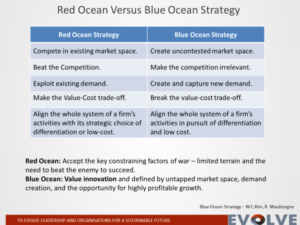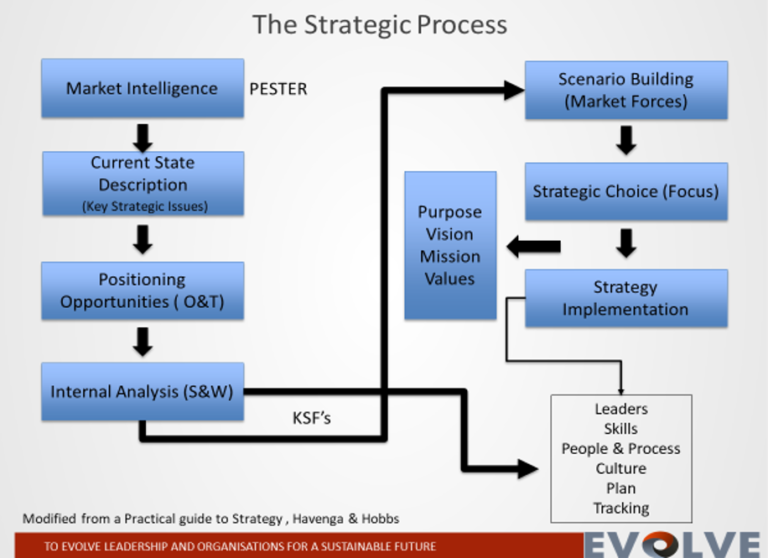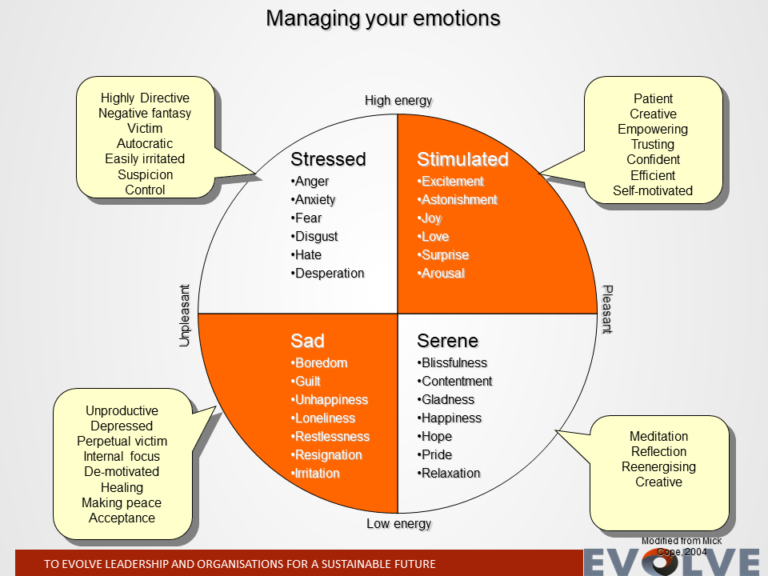
It appears to be a very challenging time for the world right now, especially considering the coronavirus and the uncertainty ahead. It has become clear that the coronavirus is worse than seasonal flu. Seasonal flu has a mortality rate of 0.1% and coronavirus mortality is varied depending on age, location and density of infected people. So far, the mortality rate is anywhere between 1% to 2%. The big difference is that seasonal flu is well researched and understood.
Coronavirus is not yet understood and appears to act differently in different situations. This uncertainty is a real challenge for our human brains and could perhaps account for the “frenzy” of varied news and views floating around. The current preparation that we hear about through the media, appears to be aimed at a virus with a much greater impact than what the statistics suggest.
I have been through several crisis events is my lifetime, ranging from various stock market crashes, virus threats and violent uprisings. On reflection, I can see that none of these events were as bad as what we thought they would be. So, what are the lessons here for us as individuals and as leaders of business?
- Our emotional system housed in our primitive brain are hard wired for us to experience negative events stronger than positive events. When we become emotional our almost rational brains further shut down and make flawed assumptions. This process can send us on a downward out of control spiral. This is a good time to stop, breath, reflect and examine the facts. Organisational leaders have a key role to keep everyone aligned around a common purpose, communicating clearly to help clarify assumptions. Tough times dealt with correctly can lead to new opportunities and growth, see them as such.
- Understand that the messages given to us, aren’t necessarily how we should hear them. Every one of our stakeholders packages the message differently. As an example, anxiety sells news, so expect to hear the worst views in the news. Political leaders need to show they have every base covered, because if they miss one situation, this mistake could easily lead to their exit.
- Organisations should not freeze or stop their future planning in tough times but rather see the opportunities and take time to prepare for the upswing. Many great paradigm shifts and new innovations have happened in tough times. In the current situation, many conferences have been cancelled and many supply lines have been paused. Experiment with new options, such as online conferencing/ webinars or look for equivalent or local supplies. It’s a good time to discover new ways of doing things.
Use uncertain times such as these to learn resilience skills, exercise, reflect and inspire your teams with hope. Stay calm and keep going back to the truth, the facts and numbers. Remember, this too shall pass.
Read more about managing through anxiety: https://evolveconsult.uk/leadership-development/better-leadership-through-anxiety-management/



